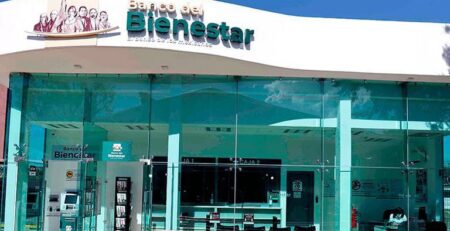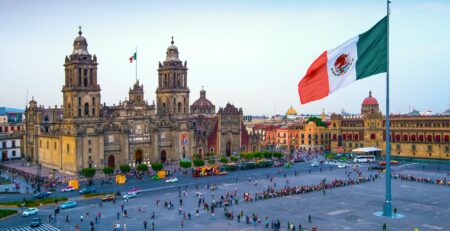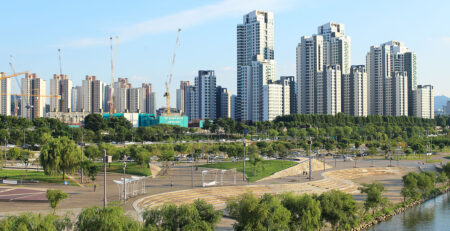Nigeria. Pension fund infrastructure investments rose by 600% in 20 months – Dahir-Umar
Hajia Aisha Dahir-Umar is the acting Director General of the National Pension Commission (PenCom). In this exclusive interview with Daily Trust, she says infrastructure investments through pension funds have grown by over 600 per cent, from N2.23 billion in January, 2017, to N16.07 billion as at August 31, 2018.
What has been your experience running PenCom since assumed office as its acting Director General?
Since assumption of duty as acting director general in April, 2017, we have remained focused on the commission’s key priorities which are aimed at improving the Nigerian pension landscape. We have been able to accomplish some major initiatives. For instance, we have implemented, for the first time, pension enhancement for retirees of the CPS under the programmed withdrawal arrangement. The enhancement was possible due to the accrued investment income on the Retirement Savings Account (RSA) balances of retirees.
Also, we commenced the implementation of the multi-fund structure and a reduction in the asset-based fees charged on pension funds.
In terms of the strategic objective of expanding coverage of the CPS, we are set to introduce the Micro Pension Plan (MPP) in January 2019. The MPP is aimed at providing pension services to underserved informal sector workers. This follows the recent approval of the Micro Pension Guidelines by the Federal Government.
The commission has improved its collaboration with its major stakeholders, including labour, employers, the National Assembly, other financial sector regulators, among others. The resultant effect has been a greater understanding of the need to sustain the CPS as attested by the outcome of the public hearings on pensions conducted in 2017.
As a regulatory body, how is PenCom trying to ensure that services being offered by PFAs are seamless, corruption-free and satisfactory to RSA holders?
The need for improved service delivery by PFAs is of paramount importance to the commission. This is because the overall success of the pension reform is largely dependent on effective and efficient customer service delivery by PFAs. The commission has zero tolerance for corruption-related issues and put out a press release to that effect some time ago.
The commission has recognised the need for a holistic approach to make pension administration transparent, seamless and corruption-free and has taken the following steps: conducting routine examination to review the activities of the licensed pension operators with emphasis on ensuring that they increase the number of facilities available to Retirement Savings Account (RSA) holders, including internet services, phones and walk-in booths to facilitate access; develop proper infrastructure to improve business processes and turnaround time (processing of RSA application and benefit payment request), conduct periodic customer and retiree sensitisation forums; ensure that only those who meet the fit and proper persons due diligence requirements of the commission are employed as members of the board and top management of licensed PFAs.
Why has the micro pension scheme not taken off?
The framework and guidelines for the Micro Pension Plan (MPP) have been approved by the Federal Government and hosted on the commission’s website. The commission is currently optimising the necessary information technology infrastructure/platform required for hitch-free registration of contributors and contribution collection. The commission is collaborating with relevant regulatory agencies for a smooth take-off of the plan which is proposed for launch in January 2019.
What is your general assessment of the implementation of the Contributory Pension Scheme (CPS) in terms of shedding of backlog of unpaid pensions over the years, growth in pension assets under-management, number of participants in the scheme and so on?
The number of participants in the CPS has grown over the years; from its commencement of registration in February, 2006, to the third quarter of 2018, as the number of contributors stood at 8.27 million. The number of contributors from the private sector is 4.69 million (being 56.72 per cent), while the public sector has 3.58 million contributors. The value of pension fund assets under-management has grown from N265bn in 2006, which was the year of actual commencement of investment activities by the pension operators, to N8.33tn as at the end of August, 2018. As for payment of accrued pension right, cumulatively, N689.15bn was paid as the Accrued Pension Right (APR) for retirees from July, 2007, to date.
Read more Daily Trust










